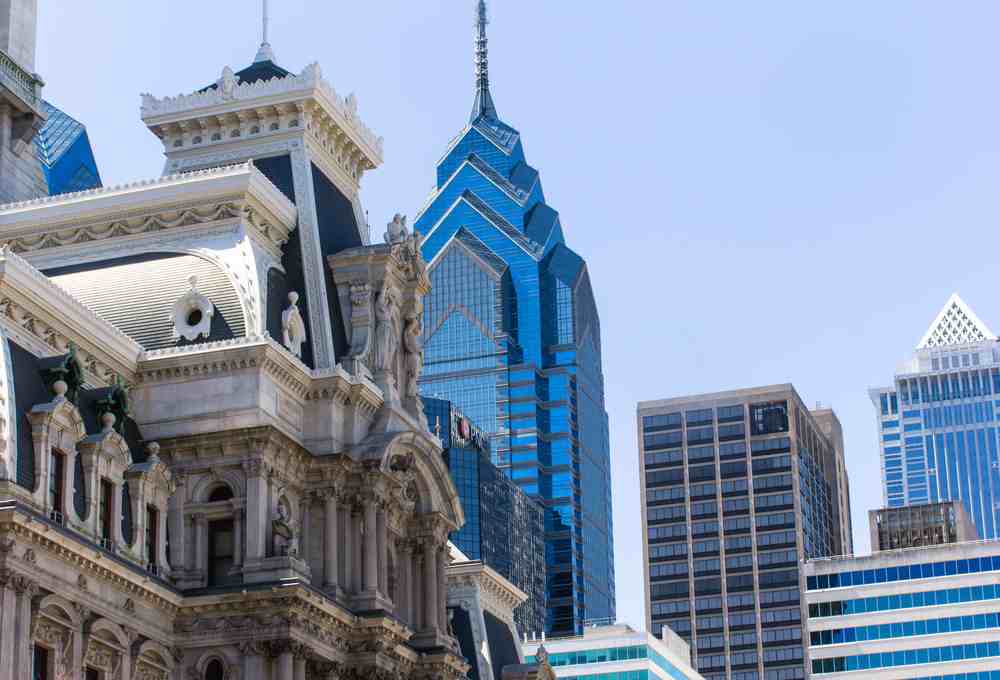In its newsletter over the next few weeks, the Economy League of Greater Philadelphia will focus on the economic impact the COVID-19 pandemic will have on the city, in a series called Leading Indicators.
The weekly data analysis will focus on the most vulnerable segments of Greater Philadelphia’s economy. Authored by Project Manager Michael Shields, the first brief in the series focuses on unpacking the scale and scope of Philadelphia’s “working poor” and “on-the-edge of poverty” populations.
“As the COVID-19 pandemic continues to halt economic activity across the city, these groups may be disproportionally impacted since many of their employment options are tied to low-wage, foundational-skilled occupations in the service sector,” Shields wrote.
Read the reportKey takeaways of the brief include understanding that Philadelphia still retains the highest proportion of adults living in poverty among America’s biggest cities. That factor, coupled with the fact the city also has the highest proportion of part-time or part-year salaried workers 16 years or older living in poverty at 27.2%, makes Philadelphia workers extremely vulnerable during the pandemic, according to the report.
Nearly 650,000 Pennsylvanians applied for unemployment in the last two weeks, WHYY reported Thursday.
The data analysis says that the next group of people to feel the effects of the pandemic are those living on just the other side of the poverty threshold, which make up about 19% of the city’s population. Many are living paycheck to paycheck, and loss of scheduled hours or furloughs will likely push these folks into poverty, the report said.
Restrictions on going out in public to bars, restaurants and non-essential businesses is resulting in swift loss of scheduled hours or jobs altogether.
“While city and state leaders have no choice at present but to impose these preventative measures to slow the progression of COVID-19, it is critical to recognize that the impact of such measures will fall disproportionately on the most marginalized workers,” Shields wrote.
And when we reach post-pandemic times, specific strategies that prioritize the needs of the working poor and those on-the-edge of poverty will be needed to address equity in getting-back-to-work strategies.
“We need to be ready to hit the ground running with targeted workforce development programs linked to employment opportunities, like the West Philly Skills Initiative and the Lenfest North Philadelphia Workforce Initiative,” Shields wrote. “If we fail to do so, we will burden the city with a much higher poverty rate for years to come.”
Next week, the Economy League will dive into the topic of which industries will likely be hit the hardest by the pandemic.
Join the conversation!
Find news, events, jobs and people who share your interests on Technical.ly's open community Slack

Philly daily roundup: Jason Bannon leaves Ben Franklin; $26M for narcolepsy treatment; Philly Tech Calendar turns one

Philly daily roundup: Closed hospital into tech hub; Pew State of the City; PHL Open for Business

A biotech hub is rising at Philadelphia’s shuttered Hahnemann Hospital campus


